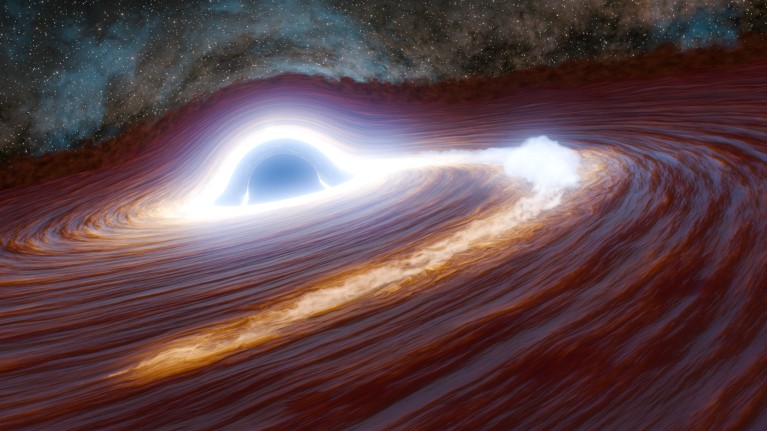Daily briefing: UK science is ‘bleeding to death’, says report
Summary
This Nature Briefing (05 November 2025) highlights a stark House of Lords-backed assessment that the UK’s science and technology sector is “bleeding out” because the country is failing to scale and retain economic benefits of research and development. The briefing also rounds up other major items: the most luminous black-hole “superflare” ever seen, promising dual-target antibody work against H5N1, Jared Isaacman’s re-nomination for NASA administrator, debates over AI and creativity, and how climate change is disrupting critical-mineral mining.
Key Points
- The House of Lords Science and Technology Committee warns that long-term failures to convert research into economic value are jeopardising the UK science sector.
- High visa fees for international researchers are singled out as damaging to talent retention and research capability.
- The report recommends mobilising pension-fund investment and creating a supercharged sovereign-wealth-style fund to boost R&D commercialisation and scale-up.
- Other top stories in the briefing: a record-breaking black-hole superflare, encouraging antibody treatments for H5N1, and debate over whether AI can be genuinely creative.
- Climate-driven extreme weather is already impairing mining of critical minerals, threatening clean-energy supply chains.
Content Summary
The lead item draws on a committee report that laments the UK’s inability to capture and scale the economic returns from its strong research base. Problems highlighted include weak mechanisms for translating discoveries into commercial ventures, insufficient long-term investment, and visa policies that impede the recruitment and retention of international talent. The committee urges government action including fresh avenues for institutional investment and structural funding reforms.
The briefing then gives concise rundowns of several other notable stories: astronomers observed the brightest ever flare from a black hole, likely caused by the shredding of a very massive star; early-stage dual-target antibody therapies show promise against multiple strains of H5N1; Jared Isaacman has been renominated for NASA chief in the US; and researchers are debating whether increasingly capable AI systems should be considered “creative.” Finally, geographers highlight how climate extremes are disrupting mining operations that supply critical minerals for the energy transition.
Context and Relevance
This matters if you work in UK research, innovation policy, venture capital, higher education or science-led industries. The report frames a systemic problem: world-class research without the mechanisms to scale it means jobs, firms and strategic technologies can be lost overseas. The recommendations — attracting pension-fund capital, rethinking sovereign investment vehicles and fixing visa barriers — are aimed squarely at reversing brain drain and improving commercialisation pipelines. These themes connect to wider trends: competition for talent, national industrial strategies, and the economic stakes of R&D in a decarbonising, tech-driven world.
Author style
Punchy: This is not just another policy paper — it’s a siren. If the UK can’t keep and scale the fruits of its labs, the consequences ripple through jobs, startups and national competitiveness. Read the report if you care about where British science is headed.
Why should I read this?
Short answer: because this explains why the UK’s scientific edge might not translate into companies, jobs or growth — and why fixes (more long‑term investment, lower visa hurdles) could be make-or-break. Also, if you like big astronomy stories or plain‑English takes on AI and mining risk, this briefing lumps them together for a quick, smart scan.

